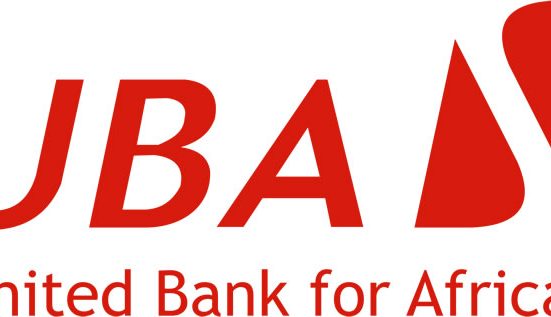Abuja, Nigeria | September 18, 2025
Nigeria has recorded its highest-ever revenue distribution as the Federation Accounts Allocation Committee (FAAC) shared a total sum of ₦2.225 trillion among the three tiers of government for August 2025.
According to the FAAC communiqué issued after its meeting in Abuja, the gross federation revenue for the month stood at ₦3.635 trillion. Out of this, ₦124.839 billion was deducted as the cost of collection, while ₦1.285 trillion was set aside for transfers, interventions, refunds, and savings.
From the ₦1.478 trillion statutory revenue, the Federal Government received ₦684.462 billion, State Governments received ₦347.230 billion, and Local Government Councils received ₦267.707 billion. A further ₦178.933 billion was allocated to oil-producing states as derivation (13% of mineral revenue).
In addition, distributable Value Added Tax (VAT) revenue amounted to ₦525.229 billion, with the Federal Government receiving ₦78.784 billion, States ₦262.613 billion, and Local Governments ₦183.830 billion.
The communiqué also revealed that Electronic Money Transfer Levy (EMTL) contributed ₦20.754 billion, of which the Federal Government got ₦3.113 billion, States ₦10.377 billion, and Local Governments ₦7.263 billion.
Meanwhile, revenue from Exchange Difference added ₦200.893 billion, and augmentations from savings supported the historic disbursement.
The Federal Government noted that the record-high allocation reflects the administration’s reforms in revenue collection, fiscal discipline, and efforts to plug leakages. Analysts believe the increased allocation provides much-needed fiscal space for states and local governments to meet pressing developmental and wage obligations.
This milestone comes amid President Bola Ahmed Tinubu’s ongoing economic reforms, which have drawn both praise and criticism, particularly on subsidy removal, exchange rate unification, and new fiscal policies.
Economists, however, warn that while higher FAAC allocations boost short-term liquidity, sustainable growth depends on managing inflation, diversifying revenue sources, and strengthening subnational fiscal responsibility.







